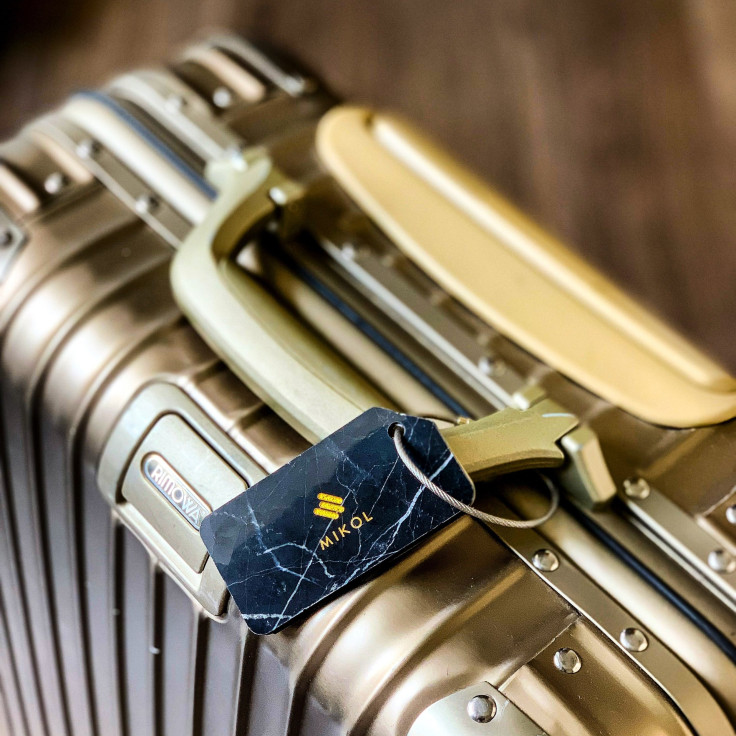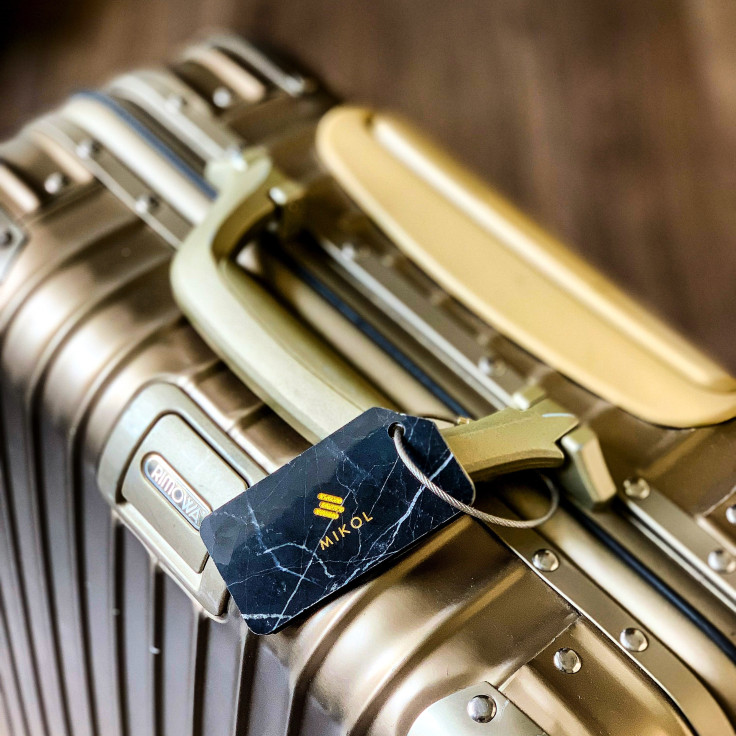When Does Travel Count As A Business Expense?

Were you out on lunch with a colleague or a client, and thought for a moment about pulling out the company credit card? Of course, you might feel tempted to call this a business expense. But stop for a moment and ask yourself -- is this really the best time to put your sandwich on the boss' tab?
As we know, travel is a whole other situation. If you're a frequent flyer or constantly in a cab for work, you really shouldn't have to pay for it -- or should you? Typically, business travel implies the costs incurred when an employee travels away for business reasons. These would include buying services or using products to have a successful trip. Hmm... but, maybe, not that snack during a layover.
Let's take a look at what really counts as a business expense during travel.
Familiarize yourself with how travel and business expenses work

Speaking about travel costs, these are essentially the kind of expenditures that employees regularly make when traveling on company time. Still, some would rightly ask: What does "company time" really imply? How can we determine this?
Great question. You don't have to guess what company time actually means. It's essentially any work-related activities that you, the employee, undertake while on the clock or when requested by your boss. This would certainly include the time taken to attend conferences, business meetings, exhibitions, customer or client meetings, sales calls, training sessions and job fairs. These expenses would also include the cost of Wi-Fi or whatever else you used to accomplish your officially-assigned business.
What else do travel expenses include? Well, you could include the cost of a plane or train ticket, car rental, lodging reimbursement and car mileage. It factors in the cost of meals, tips to bellhops, general room service and tips to waiters. Hey, turns out that lunch is covered!
Be careful, though. Many companies limit what you may spend on your trip or on dinner with a client. Make sure you don't exceed the limit.
Is any of this surprising? The same principle applies to claims for airline mile credits. These vary from one company to another. A few companies permit workers to accrue airline mileage (travel) expenses that cater to personal and family travel. To cover extra travel arrangements for employees, others track this using a travel miles bank.
Know your company's policy guidelines on travel and business expense
The easiest way to figure out what your company will cover or reimburse is to take a look at their travel policy guidelines. Never assume they'll cover something. Be aware, the company probably won't reimburse you for additional expenses that fall outside the business travel policy.
For employees on extended trips, find out whether the company reimburses for activities like gym membership and dry cleaning in addition to the usual lodging, meals, housing and travel costs. For the latest guidelines on business travel expenses and reimbursements, consult your company's finance department. And yes, you can also check in with HR.
Keep all of your receipts and track mileage
This last one is especially crucial -- track everything! Most companies, especially those that pay a per diem, will ask for these before processing your reimbursement. To move the process along, fill out any forms your office needs right away. Remember to watch out for due dates on these forms, since some reimbursements will have an expiration date.

If you'll be away for several months or more, check out how the employer handles long-term housing facilities for those staying away for extended periods. And, if you're heading out of town on a long-term project, ask about coverage for any family visits.
Generally, most companies value these arrangements since they cushion employees from the adverse effects of remote work on family relationships. Some companies categorize these as business travel expenses that benefit employees.
Conclusion
Business travel expenses are becoming an increasingly important element that impacts the success of many companies. As a focused worker, it's wise to recognize that people in your company who control your employer's cash flow are in charge of valued business overhead.
Learn about what a business travel expense really means. Get familiar with your company policies that govern your expense claims. If necessary, consult with the HR or Finance departments for the latest updates on your company policies.
You can use this guide to master the ABCs of travel business claims. These details protect you from spending money the company won't reimburse.
© Copyright IBTimes 2025. All rights reserved.





















